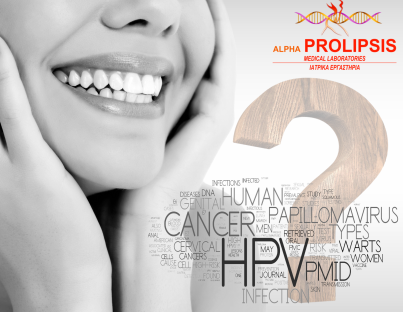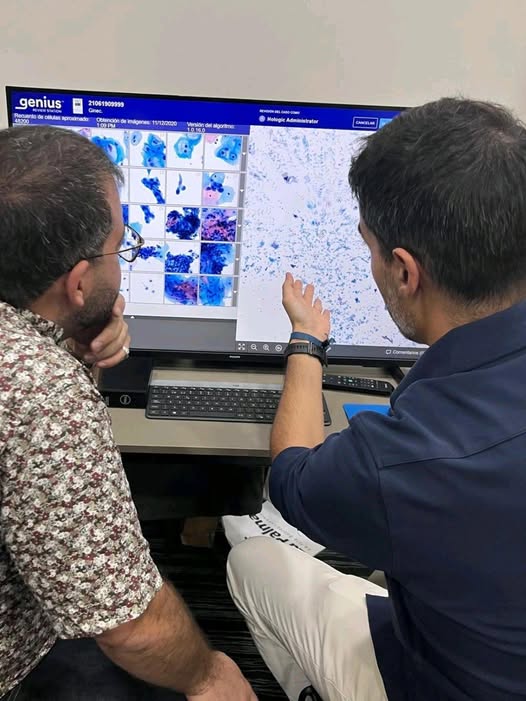A majority of Americans are unaware that HPV, the most common sexually transmitted infection in the U.S., can cause a number of major cancers, a new study found. Researchers were surprised over one finding in particular: a decline in awareness that HPV, human papillomavirus, is linked to cervical cancer.
Nearly all sexually active women and men become infected with HPV at some point, according to the Centers for Disease Control and Prevention. According to CDC estimates, currently more than 42 million Americans carry at least one strain of HPV. About 13 million people are infected each year.
In the new study, which will be presented Tuesday at the American Association for Cancer Research’s annual meeting, researchers analyzed nationally representative survey data collected by the Health Information National Trends Survey that monitored U.S. adults’ knowledge about the virus’s connection to cancer. There were about 2,000 to 2,300 annual respondents to the survey, including for 2014 and yearly from 2017 to 2020.
They found that about two-thirds of respondents consistently had heard of HPV. Of that group in 2020, 70.2% were aware of the link between the virus and cervical cancer, a significant 7.4% drop from 77.6% in 2014.
“That was very shocking for us,” said lead author of the study Eric Adjei Boakye, an assistant scientist at the Henry Ford Health System in Detroit, of the falloff.
Only about 30% of the people who knew about HPV also knew it could cause throat or anal cancers.
Not all types of HPV are dangerous. Most infections don’t have symptoms and go away on their own within a couple of years. But in some cases, the infection persists and can lead to cancer.
About 47,000 people are diagnosed with HPV-linked malignancies annually, including cervical, anal, vulval, oropharyngeal (back of the throat), vaginal and penile cancer, according to the CDC. Cervical cancer is the most prevalent, with 13,800 cases of invasive cervical cancer diagnosed yearly in the U.S., according to the American Cancer Society. Precancerous cervical cells are diagnosed far more often.
The new findings come amid a surge of vaccine skepticism and a decline in child vaccination in the U.S. There’s long been resistance to the HPV vaccine, which was first approved in 2006 for girls and young women to prevent cervical cancer. It has since been updated to prevent anal, oral and head and neck cancer in men and women.
Much of the hesitation about the HPV vaccine is tied to fears about safety and a belief among a “substantial fraction of parents" that the vaccine isn’t necessary, a recent study in the Journal of Infectious Diseases found.
Some parents have resisted having their children vaccinated for HPV out of concern that it would encourage sexual risk taking. A 2018 study, however, found no association between state laws pertaining to HPV vaccination and school attendance and sexual behaviors in teens.
“One of the reasons why the vaccination rate is low is the fact that people are not aware that it actually prevents cancer,” said Adjei Boakye. “So there has been a lot of talk about trying to improve people’s awareness level.”
HPV vaccine can prevent cancer
Pre- and early-adolescent boys and girls have been the targeted group for receiving the HPV vaccine, although it has recently been cleared for people up to age 45.
“If we had nearly full vaccination rates, we could essentially eliminate these cancers, which would be spectacular,” said Dr. William L. Dahut, chief scientific officer at the American Cancer Society.


